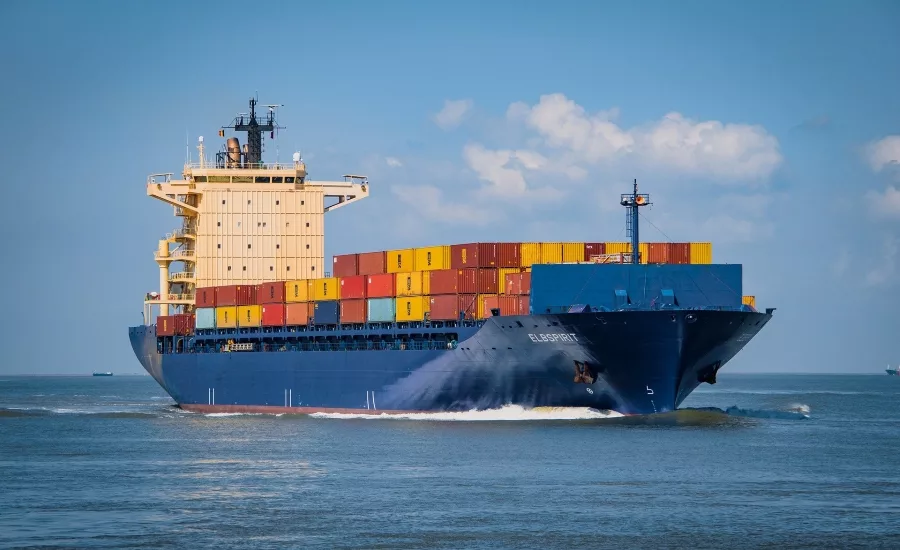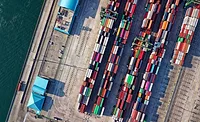The three C's of supply chain risk

Crime, climate and a convergence of threats emerge as dominant risks to the global supply chain. The British Standards Institute (BSI) Supply Chain Risk Insights report, which analyzes BSI data from the organization's web-based intelligence system, Connect Screen, provides insight into the significance of these threats while offering analysis and practical guidance to organizations on best practices to mitigate and counter risks.
The threats highlighted in the report include:
Crime
The pandemic showed companies of all sizes from around the world the importance of adaptability, and criminal organizations were no exception. Over the past year, BSI has observed a significant number of criminal organizations trying to infiltrate the logistics supply chain, masquerading as legitimate companies working in warehousing, transportation and distribution. BSI has also noted the issue of fake carriers in an increasing number of countries. Critically, an end-to-end risk assessment of a company's supply chain may mitigate the risks inherent to partnering with separate companies from around the world, according to the report.
Climate
Maintaining environmental, social and governance (ESG) compliance in evolving regulatory environments should now involve considering the impact on the entire supply chain. The report noted that this year, at least 18 companies spanning several industries were identified as sourcing products from companies contributing to deforestation in the Amazon. This type of association has the potential to bring significant reputational damage to an organization and could ultimately result in a drop in revenue. Additionally, while 2021 has seen a trend of higher-than-average shipping delays rebound, disruptions to the global supply chain like Hurricane Ida in August and Typhoon Chanthu in China have cumulatively caused various delays of shipment volume arriving infrequently at Californian facilities.
Convergence
An overarching threat to supply chains is the risk that individual considerations such as business continuity, sustainability, Corporate Social Responsibility (CSR) and security are not addressed comprehensively, and that organizations fail to acknowledge that they are interrelated. The global shortage of semiconductors exemplifies this convergence. Taiwan holds roughly 90% of the world's manufacturing capacity to produce semiconductor chips, an overreliance that contributed to the global shortage of this component. In addition, factors such as droughts and COVID-19 outbreaks in Taiwan between April and July impacted operational capacity, compounding the global shortage. This shortage also created security concerns; for example, a group of criminals attacked a truck driver's assistant as he was transporting a high-value cargo of semiconductor chips in Hong Kong in June, stealing $650,000 worth of goods. Convergence can be addressed by companies doubling down on collaboration, ensuring that all parts of an organization and their partners understand the integrated threats to a supply chain and that teams work together to address them.
To read more insights from the report, click here.
Looking for a reprint of this article?
From high-res PDFs to custom plaques, order your copy today!







